Speaker
Description
The Karlsruhe Tritium Neutrino experiment KATRIN is investigating the endpoint region of tritium beta decay. KATRIN uses a strong windowless gaseous molecular tritium source combined with a huge MAC-E-Filter as high resolution electron spectrometer. In order to achieve the goal of a neutrino mass sensitivity of less than 0.3 eV, KATRIN has successfully pushed many technologies to their limits and used sophisticated calibration techniques. Recently, a neutrino mass limit of 0.45 eV could be stated. The precision measurement of the tritium beta spectrum in its endpoint region also allows for very sensitive searches for sterile eV neutrinos and other BSM effects. Starting in 2026, KATRIN will use the TRISTAN detector to measure deeper into the tritium beta spectrum and search particularly for sterile keV neutrinos. But the search for neutrino mass with the large KATRIN setup is set to continue: the R&D project KATRIN++ aims to upgrade to a high-resolution differential method using quantum technology and an atomic tritium source to further increase the neutrino mass sensitivity to 50 meV covering the complete inverted mass range. In addition to presenting the current status and results of KATRIN, this talk will also provide an outlook on the TRISTAN phase and the R&D project KATRIN++ in comparison to alternative developments ECHO, HOLMES and Project 8.

